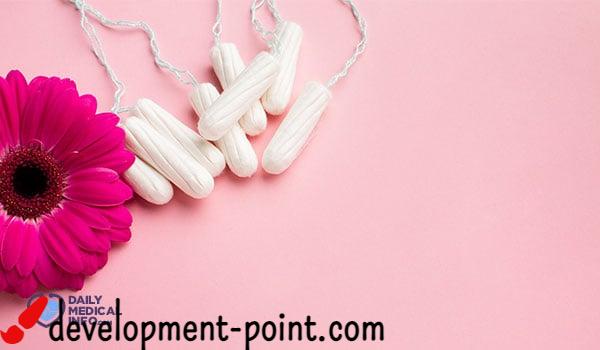Treatment of vaginal dryness: the most important symptoms and causes
Vaginal dryness is a common problem for many women at some point, which can cause discomfort. Where vaginal atrophy (the scientific name for vaginal dryness in postmenopausal women) can negatively affect sexual life. So learn about the best ways to treat vaginal dryness and the most common causes of vaginal dryness in women.
Symptoms of vaginal atrophy
People with vaginal dryness may experience the following symptoms:
- Itching in the genital area
- Feeling of burning and irritation in the vagina
- Pain during intercourse
- Feeling uncomfortable when doing physical activity
- Increased risk of frequent urinary tract infections
Symptoms of vaginal dryness caused by low estrogen levels may also include:
- Decrease in the level of normal vaginal secretions
- Vaginal stenosis
- Tighten the opening of the vagina
Vaginal dryness treatment
Most doctors may recommend using topical products such as vaginal moisturisers alone or in combination with topical vaginal estrogen products.
There are also many natural oils that can be used topically around the genitals safely, and the types of these oils are:
- olive oil
- Sweet almond oil
- Grape seed oil
- Coconut Oil
- Sun flower oil
One of the ways to treat vaginal dryness is to use vaginal moisturizers that are specially designed for that sensitive area of the body in order to alleviate the symptoms of vaginal dryness. Some types of vaginal lubricants that do not require a prescription include:
- Vaginal suppositories with vitamin E
- Astroglide Lubricant Gel
- Replens Vaginal Moisturizing Gel
And to use the vaginal moisturizer, you can apply it several times a week before bed, using it around the walls of the vagina in order to allow it to be absorbed.
However, it must be ensured that the intimate lubricant gel does not contain Vaseline or glycerin, as this can lead to vaginal irritation. It can also cause the condom to weaken or break during intercourse.
In addition, the doctor may often recommend the use of vaginal estrogen as well, after examining and examining the patient’s history. Some types of estrogen products available by prescription include:
Causes of vaginal dryness
Vaginal dryness may result in a feeling of itching or burning, which can cause pain during intercourse, and thus a loss of sexual desire. You may also feel the need to urinate more than usual, with an increased risk of vaginal infections.
Vaginal dryness is often caused by a lack of low levels of the hormone estrogen, which is responsible for keeping the uterine lining, the lining of the vagina moist, thick and healthy.
With age (menopause), the decrease in estrogen may reduce the amount of moisture that lubricates the walls of the vagina. Other causes of vaginal dryness are:
- Hormonal changes resulting from pregnancy or breastfeeding
- Chemotherapy and hormonal therapies in the treatment of cancer
- immune disorders
- Hysterectomy
- Anti-estrogen medications used to treat endometriosis and breast cancer
- Antihistamines used to treat cold and allergy symptoms
- Antidepressants, which may have some side effects such as vaginal dryness and decreased libido
- High levels of anxiety and stress
- Decreased blood flow to the vagina
- Sjogren’s syndrome
- Flamer’s syndrome
- Some personal care products such as vaginal douches, aromatic soaps, and vaginal douche, which may contain fragrances and dyes that cause irritation and dryness of vaginal tissues
Women who smoke may also experience menopause earlier than those who do not smoke, and thus these women may develop vaginal dryness at an early age.
In the end, although vaginal dryness is a common symptom often associated with low estrogen levels, which makes it a nuisance, it is not likely to have serious health consequences if the condition is diagnosed and vaginal dryness is treated in a timely manner.

